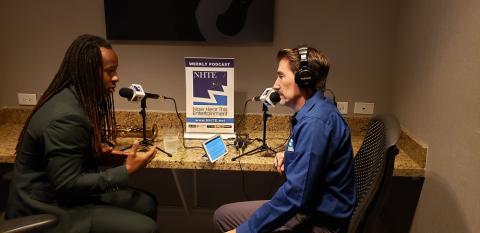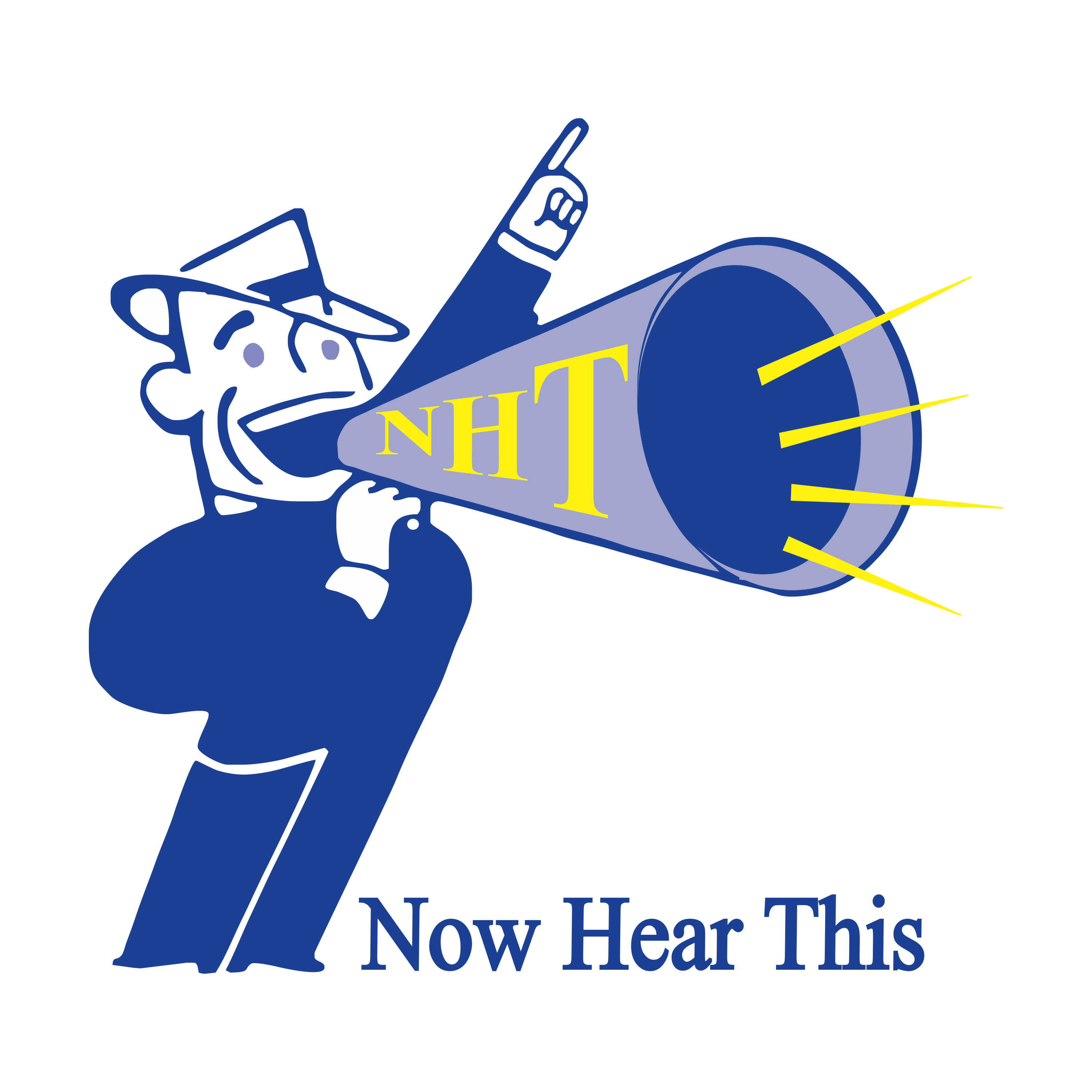
While the names will be withheld to protect the innocent, as the saying goes, maybe they shouldn’t be, is my thinking here. Don’t misinterpret this as public shaming. It’s just that you have to wonder if that’s what it’s going to take for more accountability in podcasting. Or maybe I should say, a greater level of respect for the medium?
Before I present some firsthand examples, understand that this isn’t a knee jerk reaction. I’m also very outspoken about being quite turned off when people generalize, so again, this is not based on one or two instances. In fact, I have been podcasting (every week) for more than eight-and-a-half years now. As of today, I have hosted 690 episodes in my career, so it’s important that you understand that I have a significant body of work to draw from, counting "Now Hear This Entertainment" and others that I've done or am still doing.
In my online class at InterviewTipsCourse.com, one of the points that I make is to not cancel. In fact, I’m quite sure that I repeat myself for emphasis. However, I’m starting to think that I need to do a punch-in so that I can insist to the learners, “Etiquette, etiquette, etiquette, etiquette, etiquette.”
And here’s the scary part of all this. It applies to the parties on BOTH sides of the mic!
| Related post: |
| Rogan's Spotify Mess has Lesson for Indie Musicians |
| List of 9 Apps, Software, and Gear That I Use |
I was booked to be interviewed as the guest on someone’s podcast. We agreed to the date and time as well as what the method of contact (recording) would be. I had the host’s cell number and we even had texted each other during the scheduling phase. The day of the interview, I texted 20 minutes prior to draw attention to the fact that I still hadn’t received a link to click on at recording time so we could execute as planned. Crickets. I ended up texting again (once, if not twice) and the agreed upon time came and went. No response, no explanation, no interview.
Let me stop here and say that I realize that things happen. People have emergencies that are exactly that. Something severe comes up where you can’t even let someone know that an interview won’t be happening. But those should be (as I say in my course) extreme circumstances. The expressions, “The exception to the rule” and “few and far between” come to mind here.
Flipping the script, I also was in the process of booking someone to be a guest on one of my two podcasts. We agreed on the date and time, so I sent the usual, “Here’s what I’ll need sent to me in advance and how you’ll contact me that day” email. It wasn’t too much later that the person wrote back and not only said that they wouldn’t be doing it after all, but a statement that your mind could lead you to interpret as, “And if you can’t do it some other time, oh well.”
I remember another guest who I sat at my recording rig waiting to hear from. This is someone who’d shown up, I believe, 20 or 25 minutes late when we were supposed to do the interview in-person. At that point we had to reschedule, so it got changed to a call-in. So, there I was, as stated, waiting at the time we’d scheduled. I ended up having to track down the guest’s rep so that it would move the interviewee to make contact. I guess someone could be sarcastic and say, “Well, it least this time it was only 15 minutes late and not 20 or 25.” Annoying.
This is where I need to make a plea for podcasting to be treated the way it deserves to be.
Funny enough, the temptation is to say that these occurrences wouldn’t be seen when it comes to TV and radio interviews. Yet, the latter medium – while they’d never admit it – is scrambling to keep up with the shift of ears away from them and over to podcasts. I recently read something that nicely pointed out how difficult it even is to listen to radio these days, yet computers, tablets, smartphones, and smart speakers make it so easy to have the podcast of your choice at your fingertips.
I’m also amazed when guests will post about performing, say, on a morning TV show on a local network affiliate, or put a picture on social media of being at a radio station, yet podcast interviews at best will only go on their story.
To see how big podcasting truly has become, one need look no further than the role that Serial played in society recently, not to mention how many times Joe Rogan’s name comes up, and I don’t mean for MMA.
I also read figures that grow and grow and grow relative to the amount of dollars spent on podcast advertising. While yes, some people just do it as a hobby, which is perfectly fine, clearly, it’s big business. It’s time that guests and hosts start treating it that way or step aside for those that want to.
If you’re trying to find your way in podcasting, read this article about the people I’ve helped and then book a private, one-on-one, online video consultation with me. I’d welcome the opportunity to assist you.
